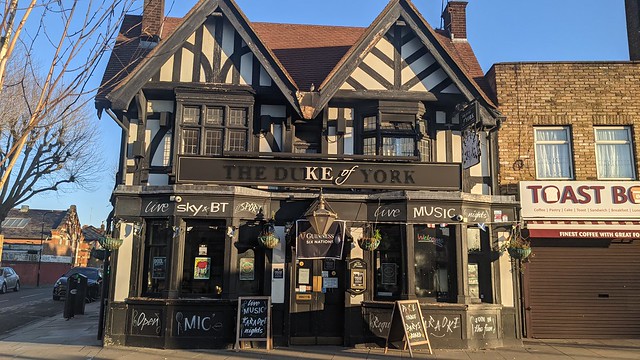The recent launch of Google Clips struck me as another moment to reflect on the nature of candid photography. In essence it's an evolution of the always-on life blogging camera that when activated indiscriminately records everything before it. The trick with Clips is that it's smart enough to know what and when to record based on what is worth recording. How does it do that? Well it's programmed to recognise what a good picture is of course. Let that sink in.
We're well aware of the literally mountains of images that have been created thanks to the rise of digital photography. Access to that technology has created wonderful opportunities for people to document and share their own daily lives. However the innate problem is the access and distribution of those images.
One significant consequence of this latest phase of digital image creation is the means to "outsource" the taking and initial storage of pictures to a device using artificial intelligence. The decision making part of the equation, literally the decisive moment, is removed from us. It's another fascinating example of how the social relationships around photography develop through the technology of the day. In this instance we are seeing what's is essentially the conduct of an intimate act taken over by a corporate entity. What was private becomes public. This isn't surveillance as we know it today but it doesn't take much imagination to see where this could go.
As a street photographer I'm in no position to be sanctimonious. I myself have documented those intimate moments. I'm comfortable with the usual it's a public place, guv defence but I confess it's made me think about what I then choose to do with them once they are taken. The public recording of images of people is now more than ever a very sensitive topic. In a contrarian way it helps that I still take the majority of my work on film and the production process around them means that details of the time and location are diluted.
For me the role of street photography in these circumstances retains its relevancy more than ever.
The eye in the sky needs another witness.







